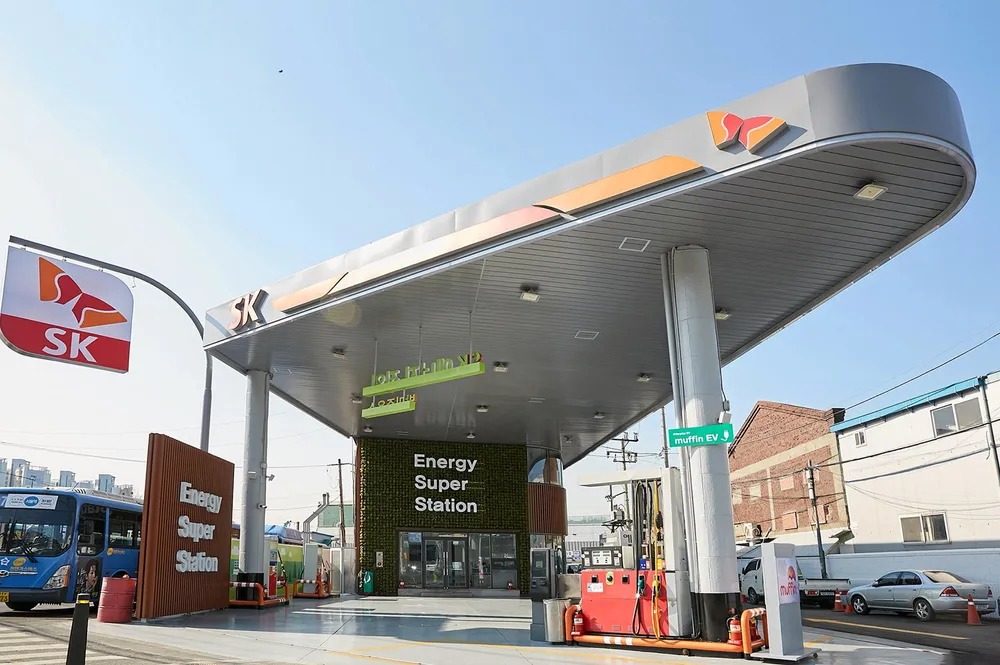Korean oil company plans to use hydrogen and fuel cells to charge battery electric vehicles at its filling stations
The facilities would ‘reduce the burden of social costs’ of transmission network construction, claims SK Energy, but energy losses would be high
